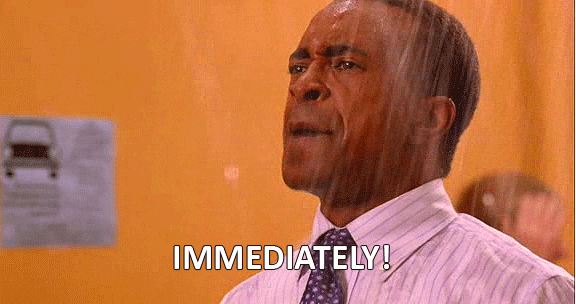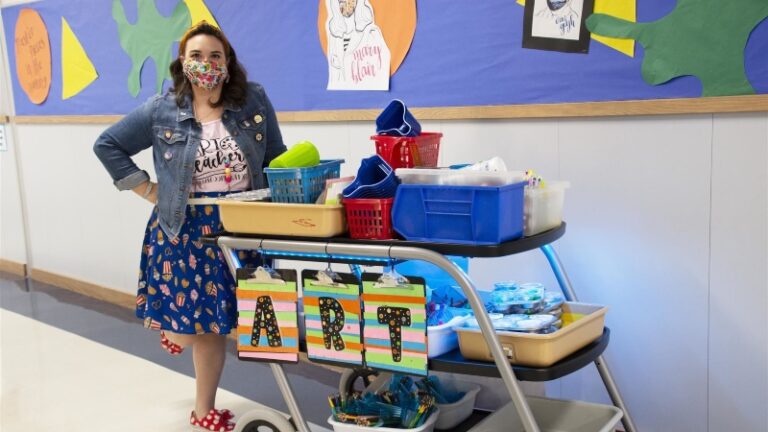Q
I’ve just read Stephen J. Covey’s Seven Habits of Successful People. Now I’m wondering – what do you think are principal best practices?
A
I think there are probably WAY more than 7 habits, and every principal has his or her own list. But from my experience here are 7 principal best practices I have adopted:
1. Be visible.
Accessible principals start their day before the faculty arrives, so they can be available for early morning consults. Principals are in the halls when students enter.
2. Focus on teaching and learning, not test scores.
Successful principals get out of their office and visit classrooms for a part of every day.
3. Be the leader, not the chief problem solver.
If a teacher comes to you with a problem, listen and then ask the teacher what she thinks should be done. Work with your staff to find solutions.
4. Communicate clearly and effectively.
Successful principals let faculty know what’s going on. This means they return phone calls, texts and emails as soon as possible. They make sure all written communication, whether emailed or on paper, is grammatically correct. In addition, they never include emoticons in professional e-correspondence.
5. Support extra-curricular activities.
Always make an appearance at the school play, the band concert, awards ceremonies, sports and anything else where kids and faculty show up. You don’t have to MC everything; just be there.
6. Support your teachers.
But make sure everyone knows he or she is accountable for competent classroom performance and fair treatment of children. Respect your staff and do not play favorites.
7. Keep your sense of humor and don’t be afraid to use it.
But keep a lid on anger and annoyance and never release the flying monkeys even when severely tempted.
One other habit that successful principals practice is to regularly ask for input and opinion from faculty and staff. Or as Covey says, “Seek first to understand, then to be understood.”

